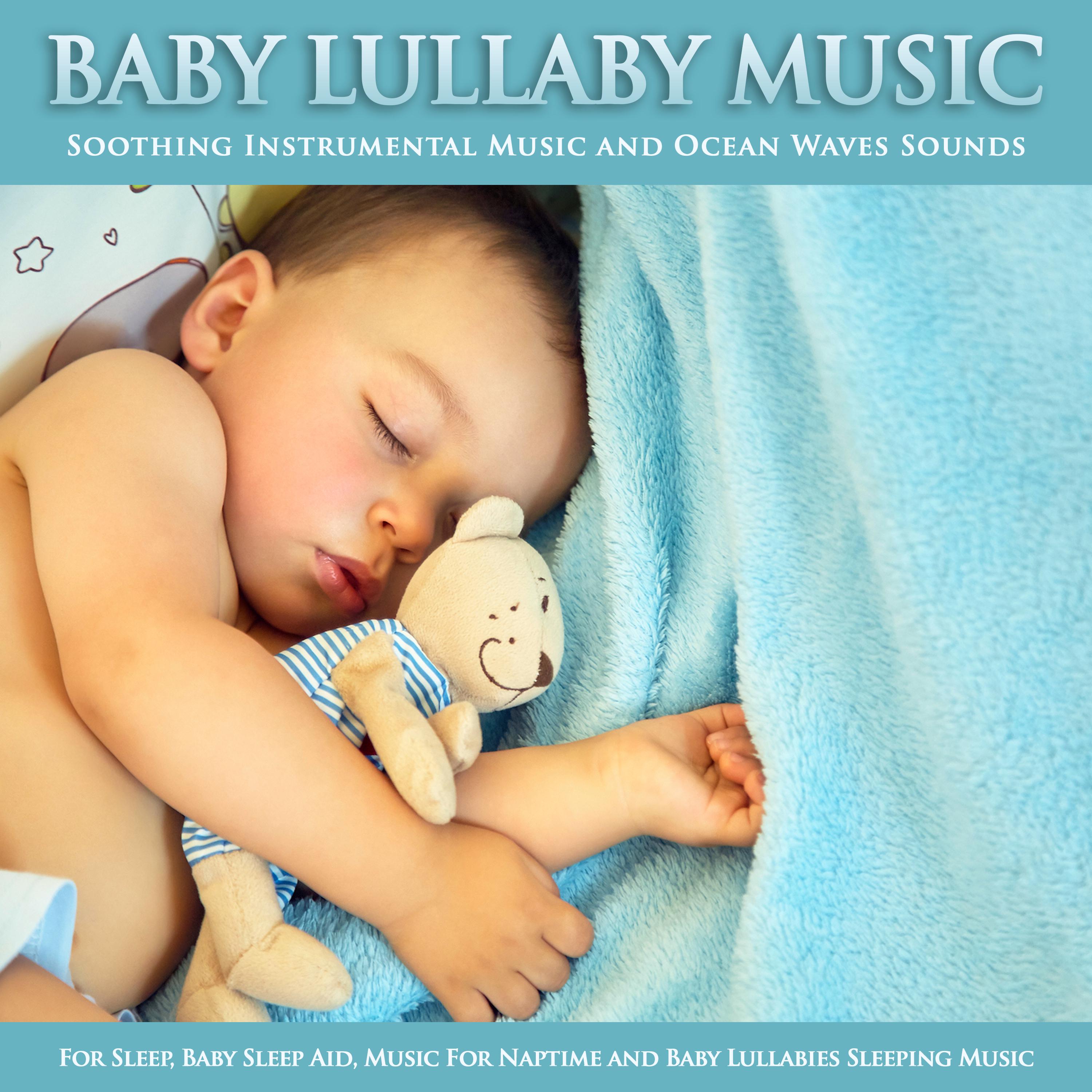
The researchers had to act quickly because of their subjects’ limited attention spans most babies could pay attention for about five minutes before getting distracted.

Generally, the infants experienced a decrease in heart rate and pupil dilation, and attenuated electrodermal activity in response to the unfamiliar lullabies.

To measure the infants’ relaxation responses to the recordings, the researchers focused on pupil dilation, heart rate changes, electrodermal activity (a measure of “arousal” or excitement, from electrical resistance of the skin), frequency of blinking, and gaze direction as indicators of relaxation or agitation. In the experiment, each infant watched an animated video of two characters singing either a lullaby or a non-lullaby. The study was conducted in 20 at the Music Lab, which focuses on the psychology of music from infancy to adulthood. The new findings supported the latter hypothesis: Infants responded to universal elements of songs, despite the unfamiliarity of their melodies and words, and relaxed. Is this just because they’ve experienced their parents’ singing before and know it means they’re safe and secure? Or is there also something universal about lullabies that produces these effects, independently of experience?” “Common sense tells us that infants find the lullabies they hear relaxing. “There’s a longstanding debate about how music affects listeners as a result of both prior experiences with music and the basic design of our psychology,” said Samuel Mehr, a Department of Psychology research associate and principal investigator at the Music Lab. Their results were published in Nature Human Behaviour on Oct. Researchers at Harvard’s Music Lab have determined that American infants relaxed when played lullabies that were unfamiliar and in a foreign language.

Virtually all new parents quickly discover that a lullaby will in fact help an infant unwind, but they might be surprised to learn that babies aren’t fussy about the language.


 0 kommentar(er)
0 kommentar(er)
